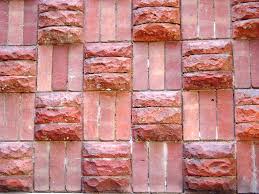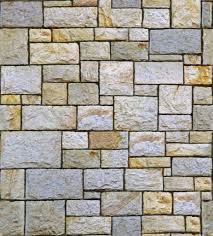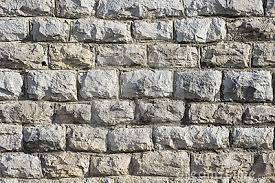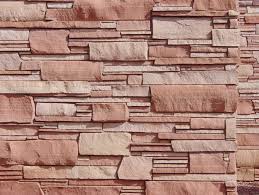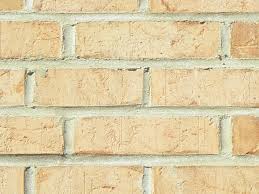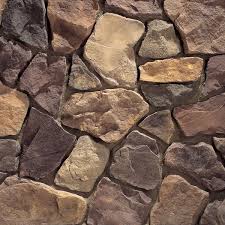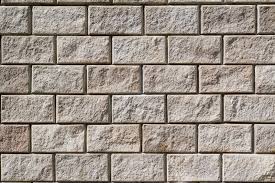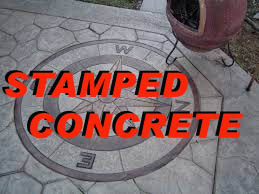
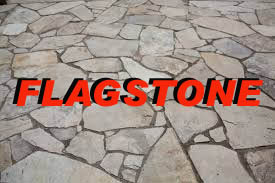
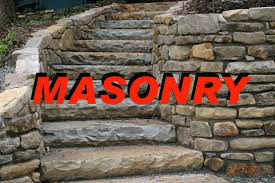
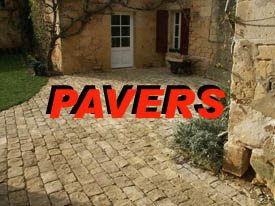


Masonry
Masonry is the building of structures from individual units laid in and bound together by mortar; the term masonry can also refer to the units themselves. The common materials of masonry construction are brick, stone, marble, granite, travertine, limestone, cast stone, concrete block, glass block, stucco, tile, and cob. Masonry is generally a highly durable form of construction. However, the materials used, the quality of the mortar and workmanship, and the pattern in which the units are assembled can significantly affect the durability of the overall masonry construction.
Advantages
- The use of material such as bricks and stones can increase the thermal mass of a building and can protect the building from fire.
- Most types of masonry typically will not require painting and so can provide a structure with reduced life-cycle costs.
- Masonry is a non-combustible product.
- Masonry walls are more resistant to projectiles, such as debris from hurricanes or tornadoes.
- Masonry structures built in compression preferably with lime mortar can have a useful life of more than 500 years as compared to 30 to 100 for structures of steel or reinforced concrete.

